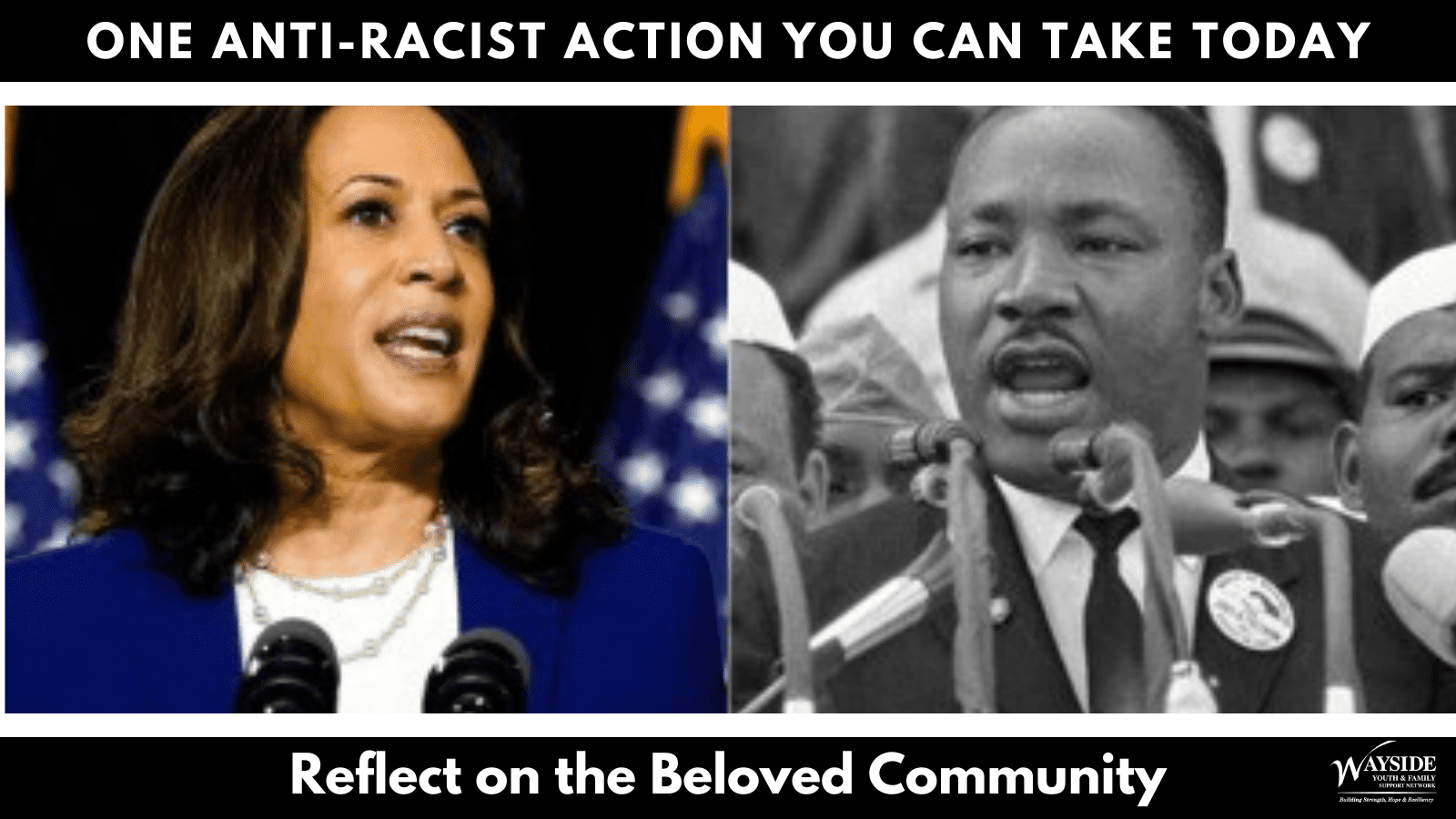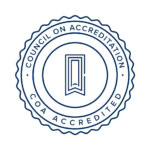One Anti-Racist Action You Can Take Today: Reflect On The Beloved Community

Guimel DeCarvalho
Vice President of People & Culture
As we wait to see the first Black and Asian woman be inaugurated Vice President of the United States today, it can be tough to reconcile it with the images we saw on January 6th. This seeming conflict was not unforeseen by Dr. Martin Luther King Jr. In fact, it was seen as a necessary step to reach the concept of the “Beloved Community.” Read more about what the Beloved Community is and learn about Dr. King’s philosophy of non-violence and Six Steps for Nonviolent Social Change directly at The King Center website linked below. Then learn about what The King Center is currently doing. Then watch this historic moment.
As can be found on The King Center Website:
Dr. King’s Beloved Community was not devoid of interpersonal, group or international conflict. Instead he recognized that conflict was an inevitable part of human experience. But he believed that conflicts could be resolved peacefully and adversaries could be reconciled through a mutual, determined commitment to nonviolence. No conflict, he believed, need erupt in violence. And all conflicts in The Beloved Community should end with reconciliation of adversaries cooperating together in a spirit of friendship and goodwill.”
In his 1959 Sermon on Gandhi, Dr. King elaborated on the after-effects of choosing nonviolence over violence: “The aftermath of nonviolence is the creation of the beloved community, so that when the battle’s over, a new relationship comes into being between the oppressed and the oppressor.” In the same sermon, he contrasted violent versus nonviolent resistance to oppression. “The way of acquiescence leads to moral and spiritual suicide. The way of violence leads to bitterness in the survivors and brutality in the destroyers. But, the way of non-violence leads to redemption and the creation of the beloved community.””

